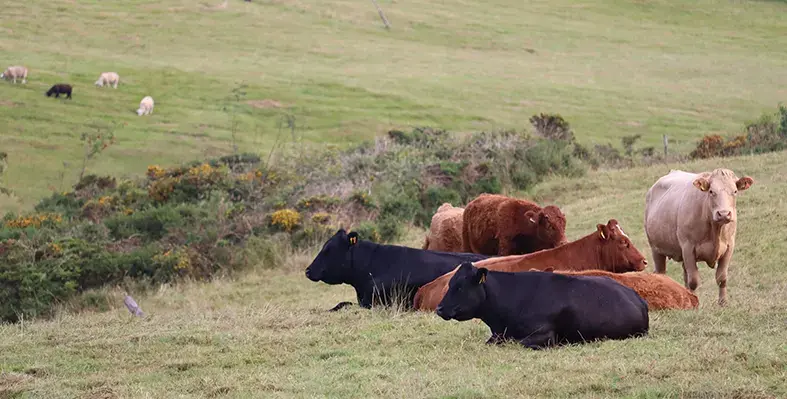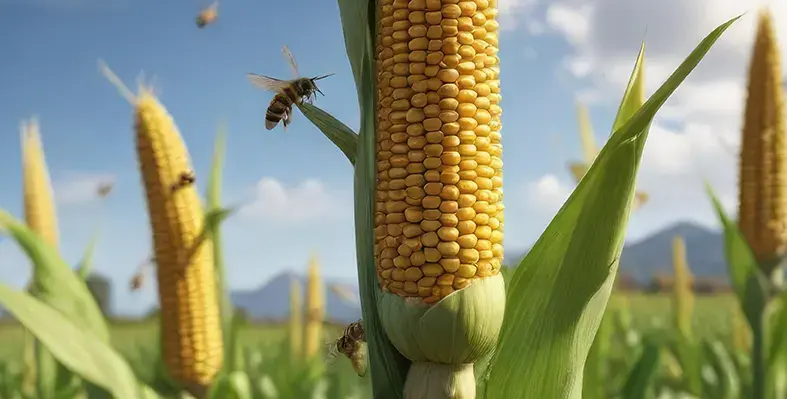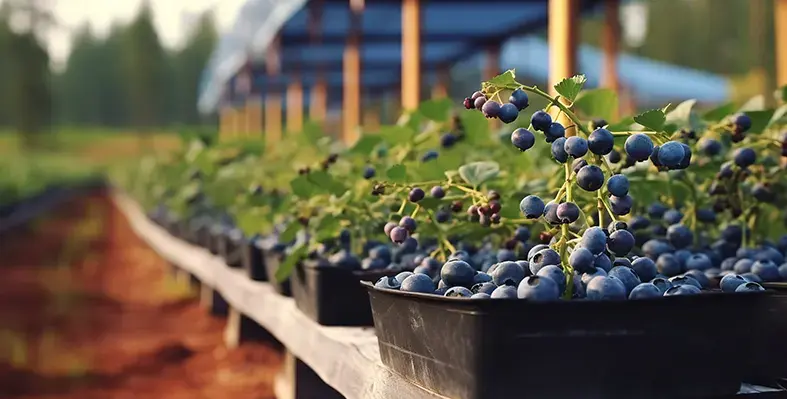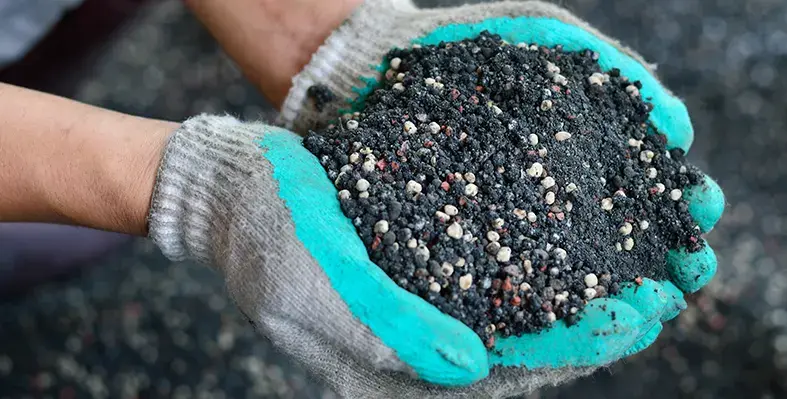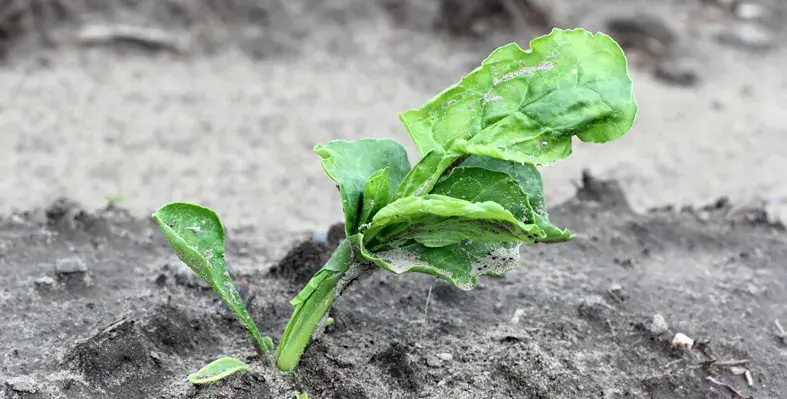In 2024, Irish dairy exports to Asia surpassed €440 million, highlighting Ireland's growing role as a key supplier of high-quality dairy products
To build on this success, the European Union and Ireland have launched a €3.2 million campaign, titled “European Dairy – Ireland, Where Nature Meets Science”. The campaign, co-funded by the EU, is designed to strengthen partnerships in Asia and ensure sustainable, traceable dairy ingredients for the region's growing nutrition market. Running until 2028, it will focus on building supply resilience and fostering long-term trade relationships in Singapore, China, and Vietnam.
Singapore was chosen as the regional hub for the campaign due to its central role in Asia’s food innovation ecosystem. The country’s world-class food safety standards and research infrastructure make it an ideal location to connect Europe’s dairy industry with Asia’s demand for sustainable ingredients. This collaboration also allows Europe to meet the evolving needs of Asia’s volatile global food market.
Sarah McGrath, Ambassador of Ireland to Singapore, said, “This campaign is a symbol of Ireland’s commitment to strengthening the bridges between Europe and Asia. By launching in Singapore, we are reinforcing not only a vital trade relationship but also our shared pursuit of innovation, research, and sustainable development in food. Ireland’s expertise in science-driven agriculture, combined with Asia’s leadership in food innovation, creates an opportunity to deepen trust and collaboration across sectors. This initiative reflects the spirit of partnership that will define the future of our cultural and economic ties.”
Bord Bia, the Irish Food Board, is spearheading the campaign, aiming to connect Irish producers with partners in key global markets. With offices in locations such as Singapore, Shanghai, and Tokyo, Bord Bia facilitates trade links and drives long-term collaborations across Europe, the Middle East, Africa, and beyond.
Lisa Phelan, Director for Southeast Asia and Australia at Bord Bia, said, “Ireland’s grass-fed, sustainably produced dairy, supported by Origin Green, our pioneering national food and drink sustainability programme, brings provenance, quality, and science-driven innovation—but we cannot achieve impact alone. By collaborating with Singapore, which combines technological expertise, research capabilities, and regional market knowledge, we can secure Asia’s nutrition future with dairy that is trusted, traceable, and future-ready. This campaign exemplifies how Europe’s strengths and Asia’s innovation ecosystem can come together to drive sustainable, long-term food solutions."
Ireland leads Europe in sustainable dairy production, with 90% of its herds grass-fed, a unique distinction globally. Additionally, 95% of Irish processors are enrolled in Origin Green, the independently verified sustainability programme, highlighting Ireland’s commitment to quality and traceability. The country is ranked second globally in the Food Security Index, further reinforcing its role as a reliable supplier.
The campaign’s goals are to reaffirm European dairy’s reputation for high-quality products, provide traceable ingredients, and strengthen connections between Singaporean firms and European innovation pipelines.



